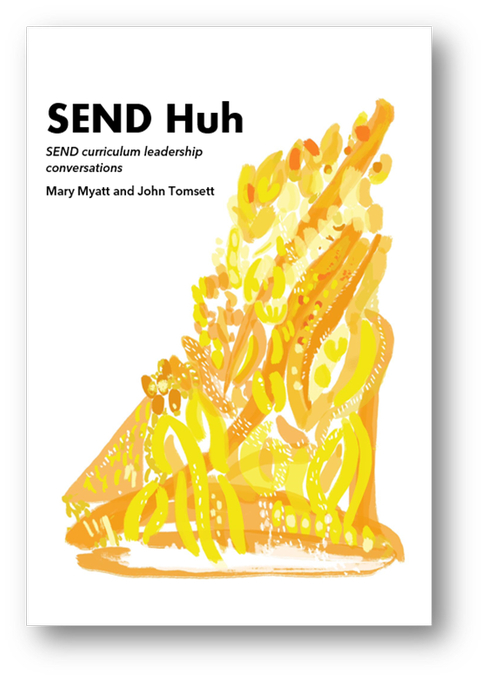Since retiring from headship 16 months ago I have been working with numerous schools across the country. It has been both a privilege and a delight to support colleagues as they strive to improve the quality of teaching & learning in our schools.
I have learnt huge amounts on my travels; here are five things that have become clear to me in that time which I think might be worth sharing.
1 The best lessons are where the teacher relaxes into the work and really enjoys themselves. I saw a Year 8 lesson on magnets where all 30 pupils were totally fascinated by the teacher’s demonstration. In his questioning of pupils the teacher gave nothing away at all; the pupils worked hard to earn every sliver of knowledge and understanding. The more he was clearly enjoying himself, the more engaged the pupils became. We have to find ways of allowing our new recruits to the profession to be themselves in the classroom and enjoy the work.
2 Content, pedagogy and assessment are as one. No matter how brilliant the content might be, if it is badly taught or the pupils’ learning is poorly assessed, the outcome for the pupils will be sub-optimal. As Becky Allen says so brilliantly, content, pedagogy and assessment are like the legs of a three-legged stool – incredibly stable if all three are solidly working together, but if one malfunctions then the whole thing collapses.
3 We have to challenge all pupils to think hard and especially those pupils on the periphery of the room. It is easy to think that correct responses from half a dozen pupils means that the whole class has learned something and that you can move on to the next unit of work. One of the best ways to ensure all pupils are thinking hard and to judge their levels of understanding is to ask for the pupils’ responses using the humble show-me boards. One teacher used her Year 8 pupils’ SMB responses to her questions to explore ideas about the way Shakespeare develops character. It was brilliant stuff.
4 Everyone professes to have the highest expectations of all pupils. What “the highest expectations” looks like in action is predictably varied. Pupils love challenging work. They can do more than we, and they, can ever imagine. Discussing what pupils find challenging with them and then within teaching teams is a good way to begin establishing a common understanding of what the highest expectations look like when it comes to what our pupils are being taught.
5 SEND providers across the entire system are facing huge challenges. Interviews for our next book have been inspiring and illuminating.

As with near everything I have done since retiring, I have learnt a bundle of stuff. I look back now on 18 years of headship and wonder why I didn’t spend much more time understanding how best to shape provision for those pupils who have additional needs; I would, I think, have learnt more about how best to serve all pupils. Shelley Moore is thought-provoking on this point in her short video on the 7-10 Split…
I feel hugely grateful to everyone who has asked me to come and work with their schools. It has been such fun. And three people have been especially kind to me since I stepped away from Huntington School: Mary Myatt, Tom Sherrington and Stephen Tierney. I cannot thank them enough for what they have done to support my work, and for the trust they have shown in me. I live with a perpetual sense of gratitude.
Postscript: There is a sixth learning point. All I do when I work with schools is try to get them thinking, to offer up some ideas for them to explore. When I go into a school, I always remind myself that the people I am working with are doing the real work, that I am a guest/impostor, and that nothing I say is necessarily right or true. There was once when I forgot myself and challenged a trust’s work too directly and it was, predictably, a disaster. I will never do that again. As Mary constantly reminds me, Always a starting point, never the last word.

